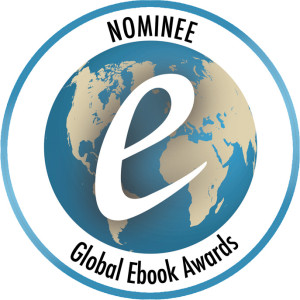Reconciliation: The Greatest Deed of All…
This month we witnessed the passing of a great man, a man who not only understood the meaning of reconciliation, but a man who knew how to act upon it – something few are capable of. That man was Nelson Mandela, and history will mark him as one of the great conciliators of our time.
In spite of imprisonment, in spite of hatred and maltreatment, in spite of pain and suffering, Mr. Mandela rose above feelings of ill will towards his captors and embraced the deed of reconciliation. Regardless race, color, creed or religion, he shone a beacon of reconciliation for South Africa, and therewith epitomized the meaning of reconciliation around the world – a true peacemaker and pathfinder, if there ever was one.
So the question begs – how can we, in our own humble lives, apply what Mr. Mandela so aptly and boldly demonstrated to his fellow South Africans and the world?
Our hardship and experiences pale in comparison to his, and yet so many of us are challenged to resolve conflict, forgive transgressions and come to terms with differences. Instead, we harbor grudges, we let resentment linger, and we refuse to move forward. A day doesn’t pass when we don’t hear about estrangement, break-ups, fights, litigation and conflict. At times, the thought of trying to settle our differences doesn’t even enter the picture – on the contrary, a ‘winner takes all’ mentality dominates the soul.
Indeed, reconciliation is a tough act to follow. It means coming from a position of love, even when love isn’t demonstrated. It means giving a second chance, when none may be justified. It means picking up the olive branch, in lieu of the sword. And it means believing, even when believing isn’t the logical thing to do.
Ultimately, reconciliation is the belief that humans are capable of change – change for the better. It’s the belief that humankind, at its core, wants to do the right thing, in spite of all learned convention to the contrary. And therein resides the secret to reconciliation. It’s a way of viewing the world – a Weltanschauung if you will. It’s a way that seeks the best in humankind, and not the worst.
Remember the story of the old man sitting in a rocking chair at the edge of town? One day a car pulls up and the driver yells out, “Hey old man, what are the people like in this town?”
Not missing a beat, the old guy yells back, “Tell me; what are they like in the town you’re from?”
“Terrible, just terrible!” the driver shouts back.
“Sorry to say, they’re terrible here too,” the old guy retorts sadly.
An hour goes by and another car pulls up. Again the driver yells out, “Hey old man, what are the people like in this town?”
To which the old guy yells back again, “Tell me; what are they like in the town you’re from?”
“Fantastic, just fantastic!” the driver shouts back.
“Glad to say, they’re fantastic here too,” the old guy replies happily.
Look for goodness, and goodness one shall find. Look for evil, and evil one shall find.
The greatness of Mr. Mandela lays in the fact, that in spite of his suffering; he never gave up his belief in the goodness of humankind, and the ability of people to change. He conquered with love, where hate destroys, and in the process, he accomplished reconciliation: the greatest deed of all…
For more check out The C.A.T. Principle: Change, Action, Trust – Words to Live By, a 2014 Global Ebook Awards Nominee, available at Amazon and Barnes & Noble.
Sign up above and start receiving this blog to your inbox every two weeks. Comments and thoughts welcome.



